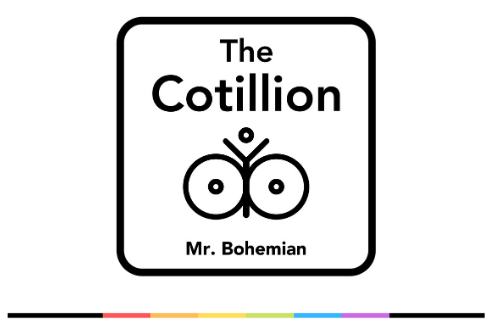“What’s the difference between proofreading and editing?”
TL;DR
When should I purchase proofreading?
For a last sweep of minor issues: punctuation and typos.
When should I purchase an editing service?
To review essential factors in your work: plot, word usage, word choice, intention, and style.
Common understanding says proofreading and editing are synonymous terms. There’s your first error.
Proofreading Is…
In for-profit writing services, proofreading is the final scan. The focus of the work is on nitpicking minor issues, such as punctuation, typos, and obnoxious word choice. Proofreading has become the general usage term for all forms of editing amongst buyers, largely because this final-hour review is what most individuals and businesses need from writers. Buyers need their written representation professionally vetted, but they don’t need it to win a literature award.
Editing Is…
Editing is a deconstruction that requires critical thinking. The focus on editing is moving primordial pillars in a writing project that will resonate throughout: plot, critique, word usage, intention, and style, name a few factors under the microscope.
Think of both as phases. A project in an editing phase will need brainpower focused on the essential elements, while a project that has finalized its essential structure needs to finish sharpening its presentable elements: perfect grammar and eloquence. Proofreading’s secondary revision is not to be taken lightly merely because it is preceded by editing! No reader will dive into the finer essence of a work without first being invited by a professional format.
Cuidado: Some Wrighters Can’t Right Write.
Many independent writers will divide their editing features to entertain different business models, e.g., word choice is extra. That’s fine. Just know the essential categories: editing = major errors and proofreading = minor errors. Some sellers don’t know any better, to your detriment; they either overwork themselves by taking on too much responsibility at once, thus delivering cursory results, or overcharge you, then leave you with an “edited” piece where they simply dotted your letter i’s.
Bob would never dot your i’s. He’s got work to do on your piece.


